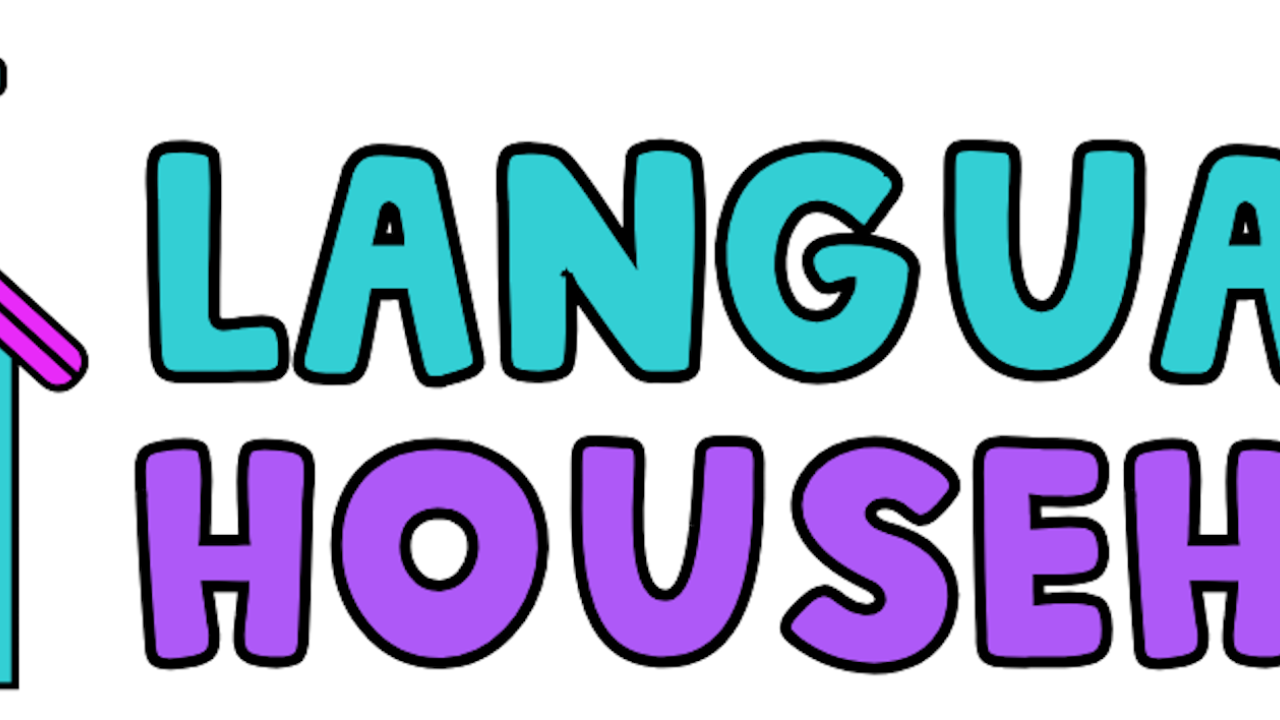Is My Preschooler a Late Talker? 7 Signs Parents Shouldn’t Ignore
Sep 19, 2025
As a parent, it’s normal to compare your child’s development to others. Some kids seem to pick up words overnight, while others take a little more time. But how do you know if your preschooler is just taking their time… or if they might be a late talker who needs extra support?
I’ve worked with children and families for over 15 years as a Speech-Language Pathologist, and I want to share the signs that can help you tell the difference — without the overwhelm or guilt.
What Does “Late Talker” Mean?
A “late talker” is a child who is otherwise developing normally, but isn’t using as many words or sentences as we’d expect for their age.
For preschoolers (ages 3–5), this might look like:
- Having fewer words than their peers.
- Struggling to put words into short sentences.
- Relying on gestures, pointing, or sounds instead of words.
Every child develops at their own pace, but knowing the red flags can help you step in early and give your child the boost they need.
7 Signs Your Preschooler May Be a Late Talker
- Limited Vocabulary for Age
By age 3, most children have 200–300 words. By age 5, it’s closer to 2,000 words. If your child’s vocabulary seems stuck — they only use a handful of words or repeat the same ones — this is worth noticing.
- Short or Missing Sentences
At age 3, kids often use 2–3 word phrases (“want cookie,” “go park”). By 4–5, sentences get longer and more detailed (“I want to go to the park with my friend”). If your child rarely strings words together, it’s a sign their language isn’t keeping up.
- Trouble Being Understood
It’s normal for preschoolers to mispronounce some sounds. But by age 4, most of what your child says should be understood by people outside the family. If strangers often look confused or your child gets frustrated when not understood, speech support may help.
- Few Questions or Comments
Children learn by asking “why,” “what,” and “how.” A lack of curiosity in the form of questions, or not making comments about what they see and do, can point to delayed expressive language.
- Struggles Following Directions
Understanding language is just as important as using it. If your child struggles with simple directions like “get your shoes and bring them here,” it may be more than a listening issue — it could signal a language comprehension delay.
- Prefers Gestures Over Words
If your child is mostly pointing, pulling you, or using sounds instead of words, they may be relying on non-verbal communication because speaking feels too hard.
- Frustration During Communication
Tantrums, meltdowns, or giving up when trying to talk can be signs your child knows what they want to say, but can’t get the words out.
What To Do if You See These Signs
First, take a deep breath — seeing these signs doesn’t mean your child can’t catch up. Early years are a powerful time for growth, and with the right support, kids often make big progress quickly.
Here are some steps you can take right away:
- Track milestones. Use a free checklist (like the one I share in my Language Rich Household course) to see what skills are expected at each age.
- Model, don’t quiz. Instead of drilling with “say this,” talk naturally, expand on what your child says, and repeat words in context.
- Turn routines into opportunities. Snack time, bath time, and playtime are all perfect chances to sneak in new words and sentences.
- Check in with a professional. If you’re unsure, reach out to a speech-language pathologist (SLP) for a screening or consult.
The Bottom Line
Being a late talker doesn’t define your child’s future — it just means they may need a little extra help right now. The earlier you step in, the easier it is for kids to catch up and thrive.
If you’d like step-by-step guidance on how to support your preschooler’s speech and language at home, check out my Language Rich Household course. It’s a self-paced, parent-friendly program that shows you exactly how to turn your daily routines into powerful language-building moments.
👉 Get the free Speech Milestone Checklist here to start today.
Final Thoughts
Every parent wants their child to feel confident, understood, and connected. If you’re noticing signs of late talking, you’re not alone — and you don’t need to wait and worry. With the right tools, you can make everyday interactions a launchpad for your child’s communication success.
